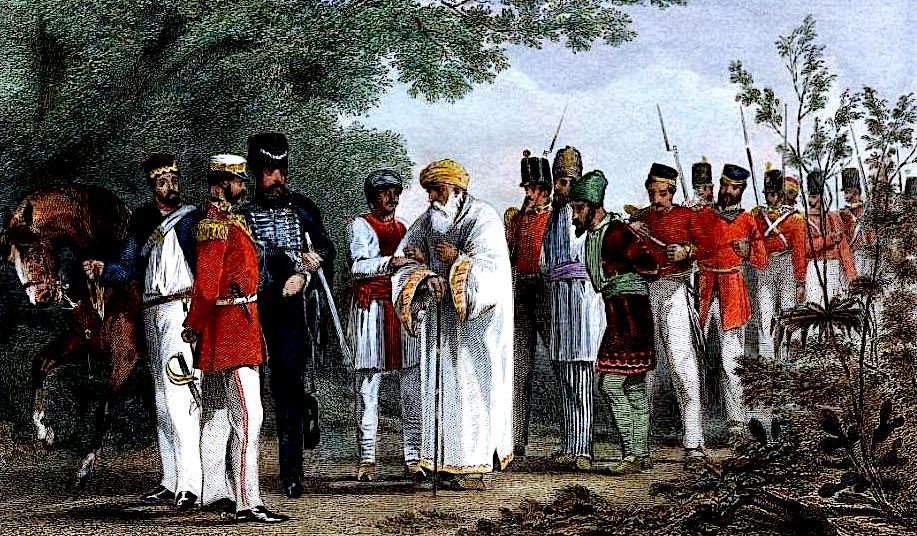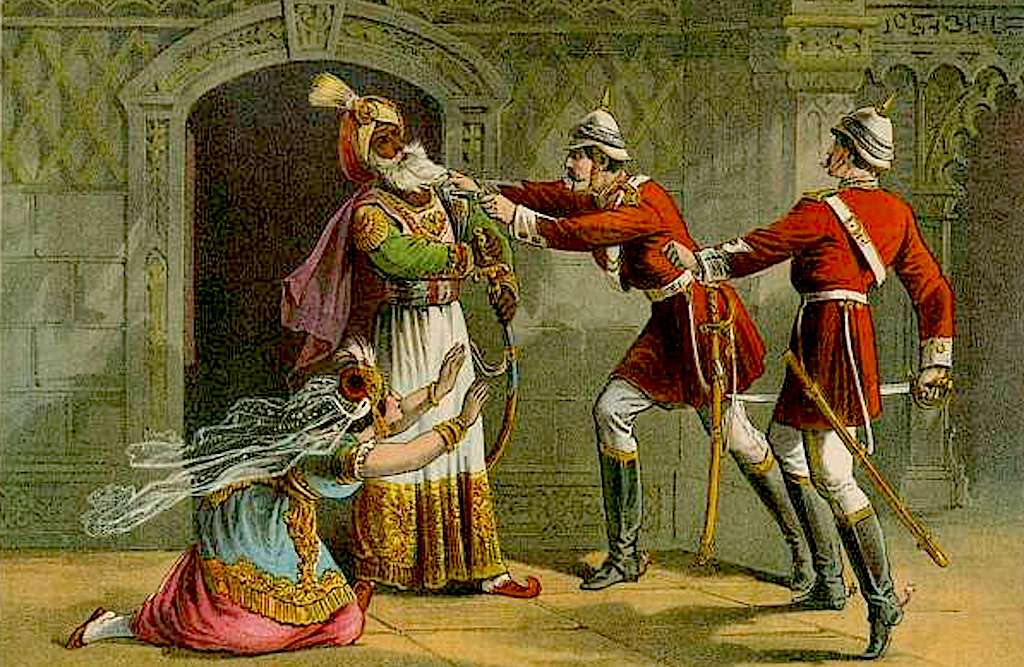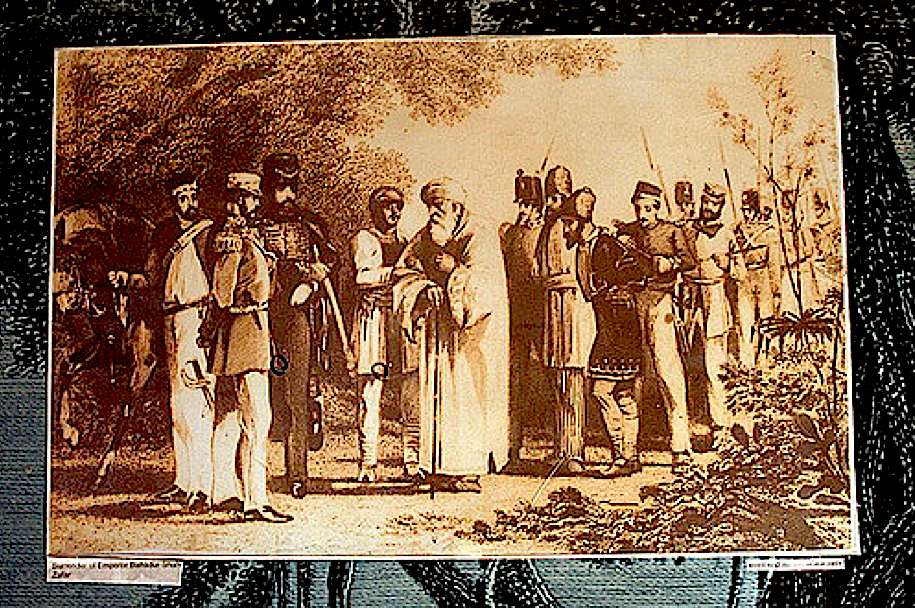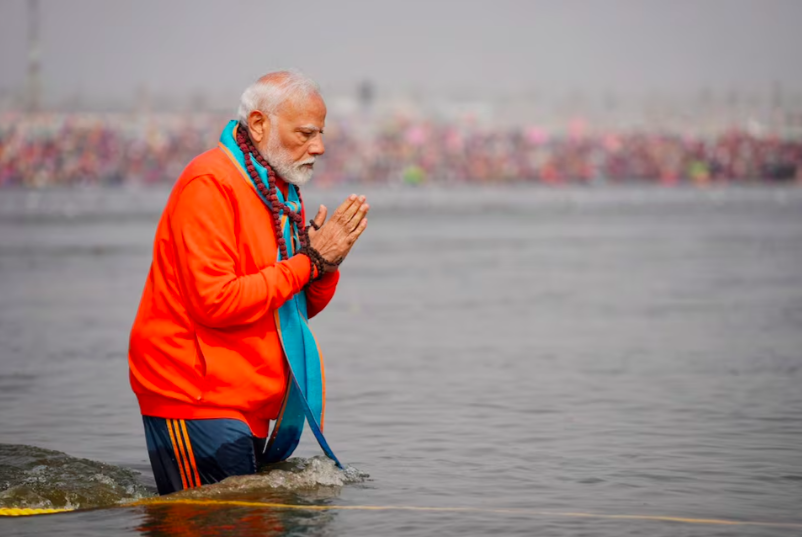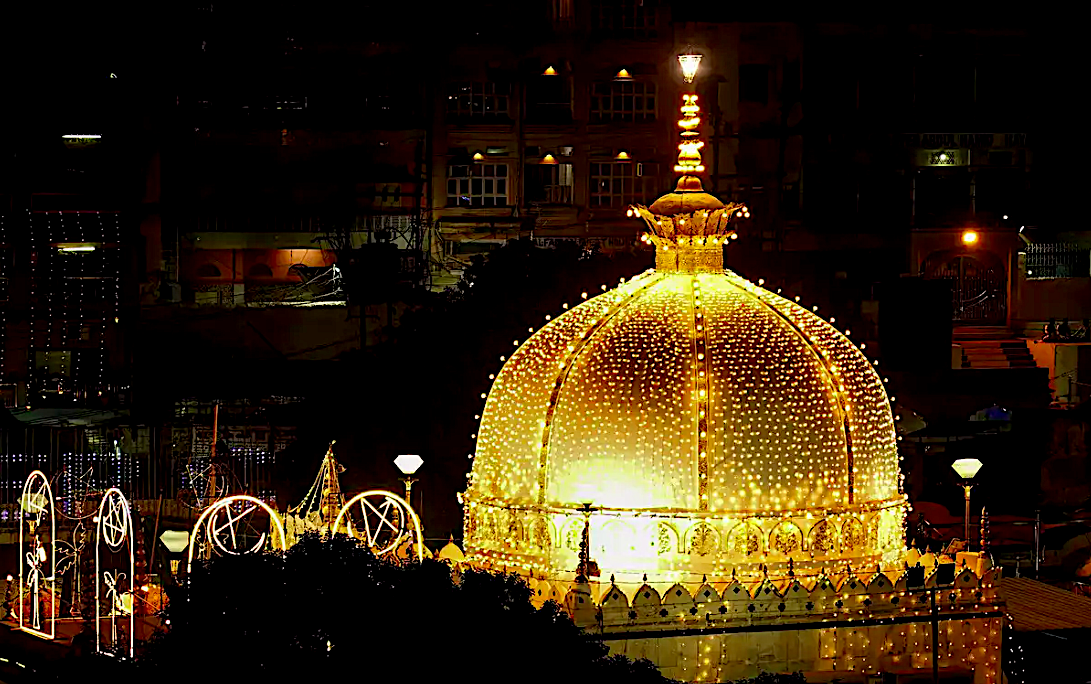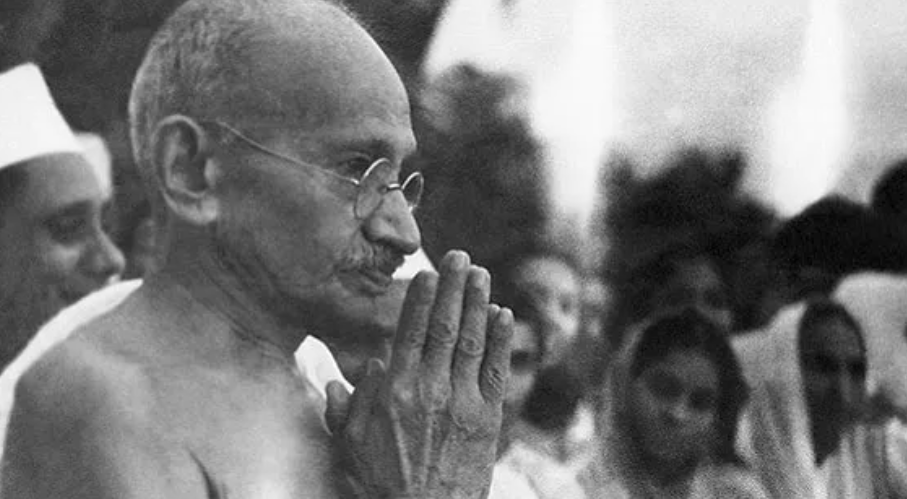By Areeba Sundus
It was the fine day of 24 October 1775, the last Mughal emperor Bahadur Shah, later remembered by his Takhallus or pen name Zafar which means Victory, was born. An Urdu poet, musician and calligrapher often remembered as an ode of restlessness, sorrow and humiliation.
Revisiting Zafar on his 243th Birth Anniversary, it is important for all of us to know his dreams, his ambitions and his downfall. As a student of history, I am familiar that people are usually mystified about the life of the last emperor especially after the revolt of 1857 and its aftermath.
While revisiting Zafar’s life we realize his life was full of tragedies. He was the one who had inclinations towards poetry and culture and was least interested in polity. In the autumn of 1837, Akbar Shah II (his father), was on the deathbed. His original heir was irascible Jahangir Bakht, who died an unexpected and early death. After much chaos, in September 1837, the 61-year old Zafar ascended the throne after his father’s death. Bahadur Shah Zafar was now the emperor of a crumbling Mughal empire, a dreamy bard burdened by the weight of his dynasty and an empty treasury.
During his period the empire had weakened to a great extent and the king’s command had ceased to carry weight beyond the four walls of the Red Fort. The major part of his poetry revolves around his personal experiences and gloom, an individual who personally experienced downfalls, bereavement, and hopelessness. If we talk about his court culturally, it was the hub of poets, many celebrated poets of the Urdu who are still considered as jewels of Urdu literature were the part of his declining court. He was surrounded by Aazurda, Shefta, Ghalib, Momin and Zuaq.
The complete decline of the empire
On a fine summer morning of 11 May 1857, the city of Delhi was sleeping when a band of sepoys from Meerut, who had defiled and killed the officer previous day, crossed the Jamuna, set the toll house on fire and marched to the Red fort. They entered into Red Fort through the Raj Ghat gate, followed by an excited crowd, with an appeal to the Bahadur Shah II, the Mughal emperor who was the pensioner of the Saltanat-e-Bartania (British East India company) and possessed nothing but the name of the mighty Mughals- to become their leader and thus give legitimacy to their cause. Bahadur Shah unwillingly took responsibility as he otherwise anticipated capturing of the imperial city of Delhi by the sepoys. After a great struggle and chaos, on 20 September 1857, the British forces consolidated their hold over Delhi. 21 September, 1857 marked the end of the Mughal Empire.
The rebellion officially ended by July 1858. In the same year, the East India Company was abolished in favour of direct rule of India by the British government.
Zafar’s unfulfilled dreams
Bahadur Shah Zafar, who wished to be buried in the precincts of the Zafar Mahal and the famous Dargah of Khwaja Qutubuddin Bakhtiar Kaki in Mehrauli, Delhi, was deported by the British to Rangoon, and his last wished remained unfulfilled. With his death, one of the world’s greatest dynasties came to an end. The British buried him in an unmarked grave to keep his followers away. News of his death took a fortnight to reach India and almost went unnoticed. Then, for more than 100 years, Zafar faded from memory of people. His legacy had been revived by his poetries. In words of Zafar:
Kis ki bani hai alam-e-na paedar mein
Kitna hai badnaseeb “Zafar” dafn key liye
Do gaz zamin bhi na mili kuu-e-yaar mein
Even today we recall Zafar for his poetries, sentiments and for preserving Hindu-Muslim unity or Gangi-Jamini tehzeeb. Author Zafar Dehlvi in his book Dastan-e-Ghadar mentions “Bahadur Shah Zafar [foresaw] trouble and banned cow-slaughter in the areas he nominally controlled… Bakr-Eid passed peacefully in 1857 thanks to the wise decisions of the emperor.” Bahadur Shah also continued Phool Walon Ki Sair and Jharokha Darshan. In today’s world of hatred and communalism it is essential for all of us to understand the mixed ethos of past.
(Areeba Sundus is currently a student of Modern History from Jamia Millia Islamia. She has keen interest in social aspects of history. she can be contacted at areebasundus002@gmail.com)

